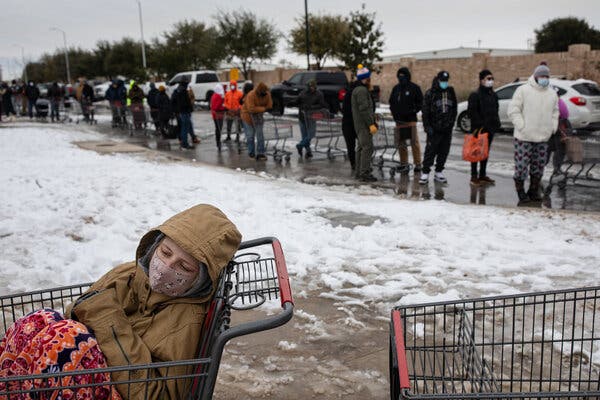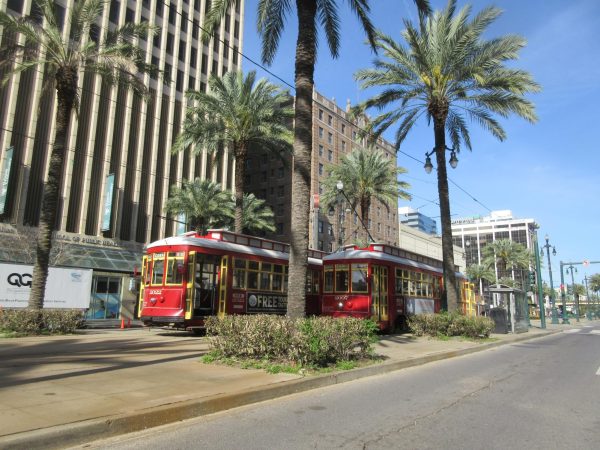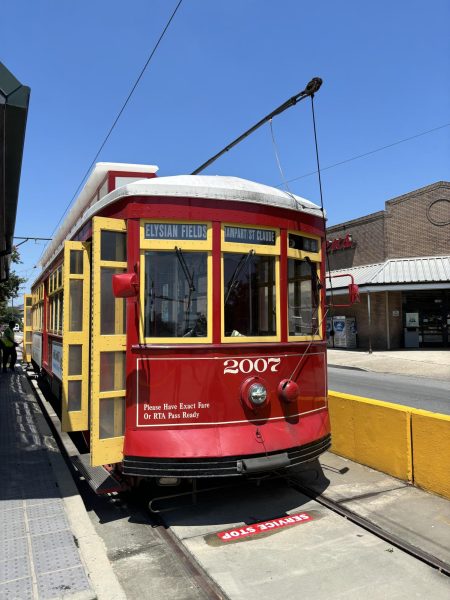Deep Freezes of 2021

This past February, an artic storm descended down the central U.S., reaching down to Texas, northern Louisiana, and Mississippi and causing unusually cold temperatures in these southern states. In addition to snow, sleet, ice, and sub-zero temperatures lasted for days – and the devastating effects of the storm lasted much into March. Since these southern states rarely experience such drastic temperatures, the infrastructure was unprepared to handle it. In Fort Worth, Texas, an icy highway caused a massive car wreck to occur. This included at least 133 vehicles and several 18-wheelers; at least six people were killed. But this was not the only tragedy. The Texas electric grid could not supply enough energy to the citizen. The energy companies were forced to institute rolling blackouts where thousands went without power for hours, during the freezing temperatures. This not only caused great damage to buildings with pipes bursting in homes and business but increased electric bills as wells. In Houston, 24-year-old Jonathan Nowak received an extremely high electric bill; living in a one-bed-room apartment, his electric bill was $900, almost 10 times as much as normal due to the deregulated nature of the Texas power grid His story is not uncommon, as many citizens experienced this expensive toll to keep their homes warm enough to survive.
While there was initial confusion on the cause of the limited power, the investigations now reveal the main reason for the rolling blackouts was because Texas’s natural gas and coal infrastructure was not insulated to protect against these types of freezing temperatures. With the fuel to power generators, the energy companies were unable to produce enough power. Many citizens, particularly the Texas poor, were forced to camp out in their cars or even occupy trailers and tents. The hardship and damage was not limited to Texas. In Jackson, Mississippi, freezing temperatures caused pipes to burst at the public water supply center. Some Jacksonians did not have running water for up to three weeks due to their broken water facilities.
Unusual freezes like this occur due to climate change or global warming. Global changes, such as the artic and polar vortex warming, leads to temperatures becoming more extreme and erratic across the world, allowing for subzero temperatures to reach places like Texas and Mississippi. If climate change is not addressed and reversed, it is likely these extreme and rare freezes will happen again; therefore, it is necessary that people begin to take aggressive action to homes, businesses, and lives.

Allison is a senior who has written for the Navigator since her freshman year. When not writing for the Navigator, she can be seen playing soccer for both...








